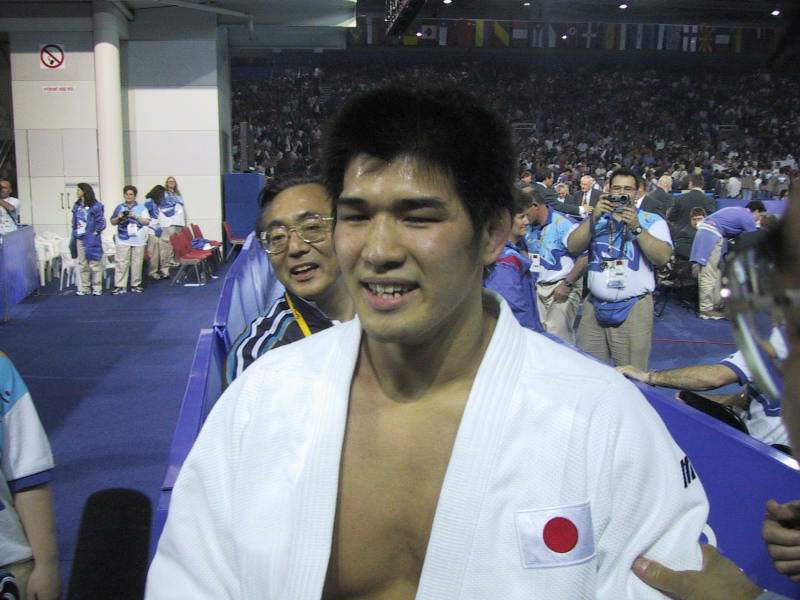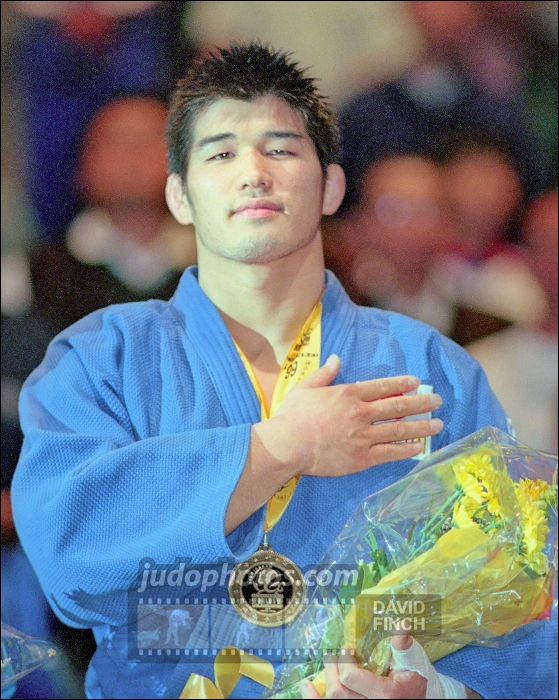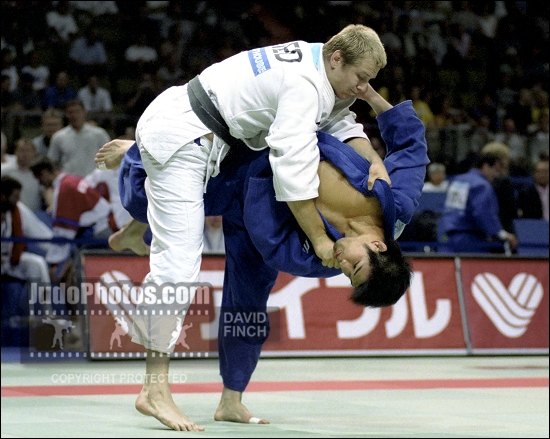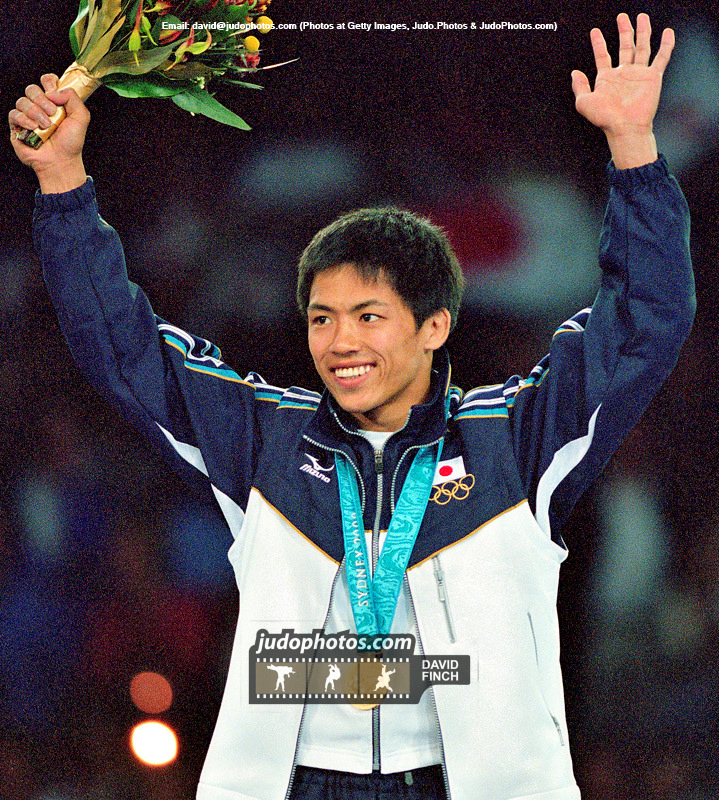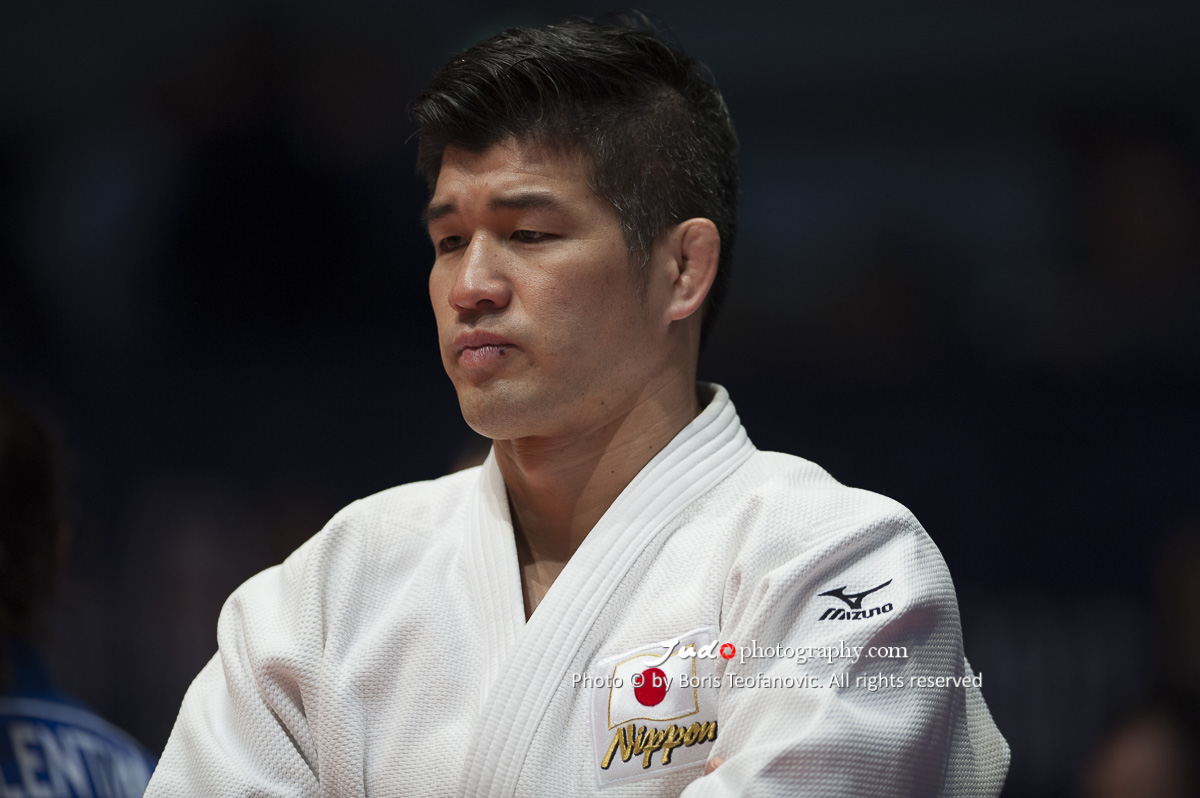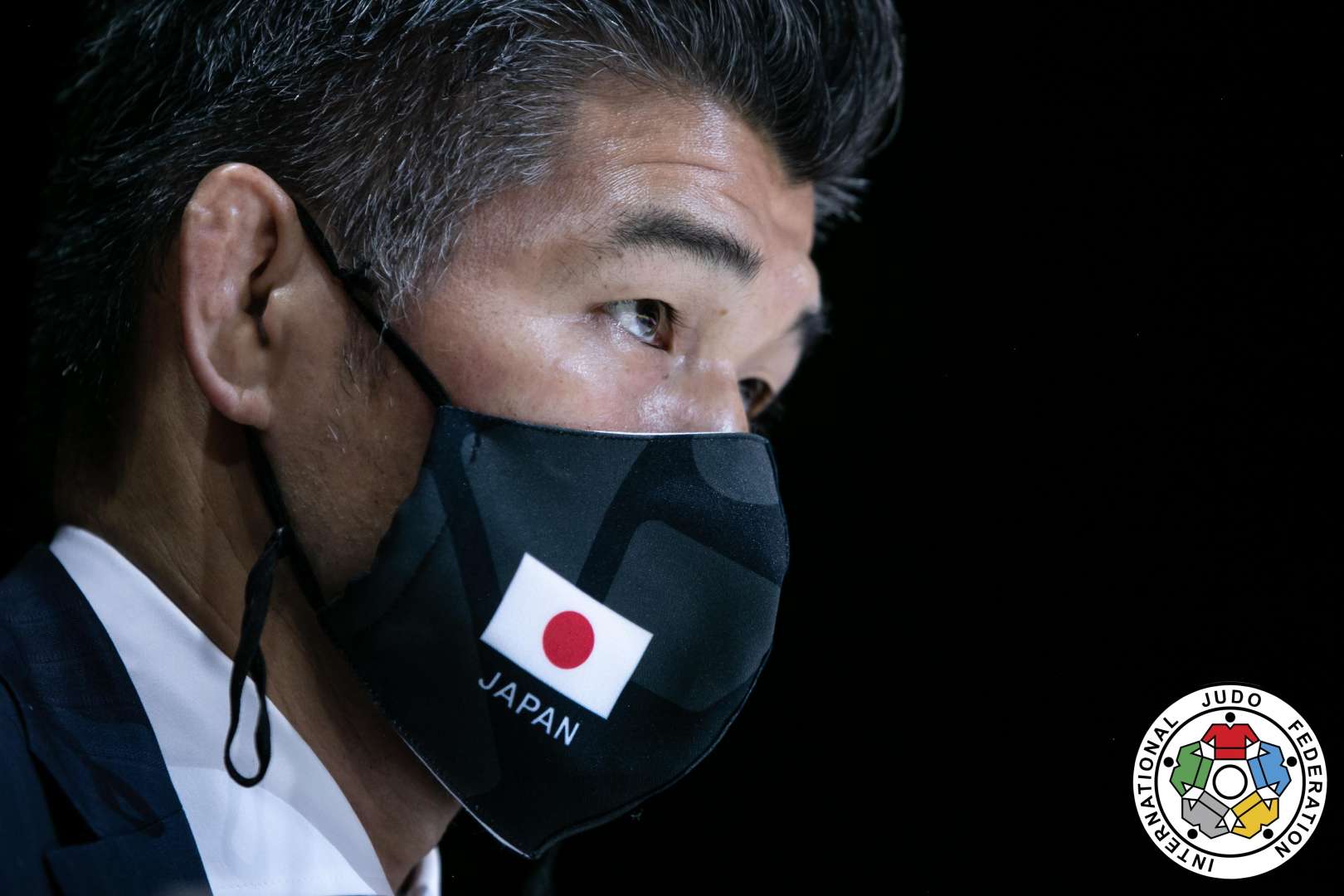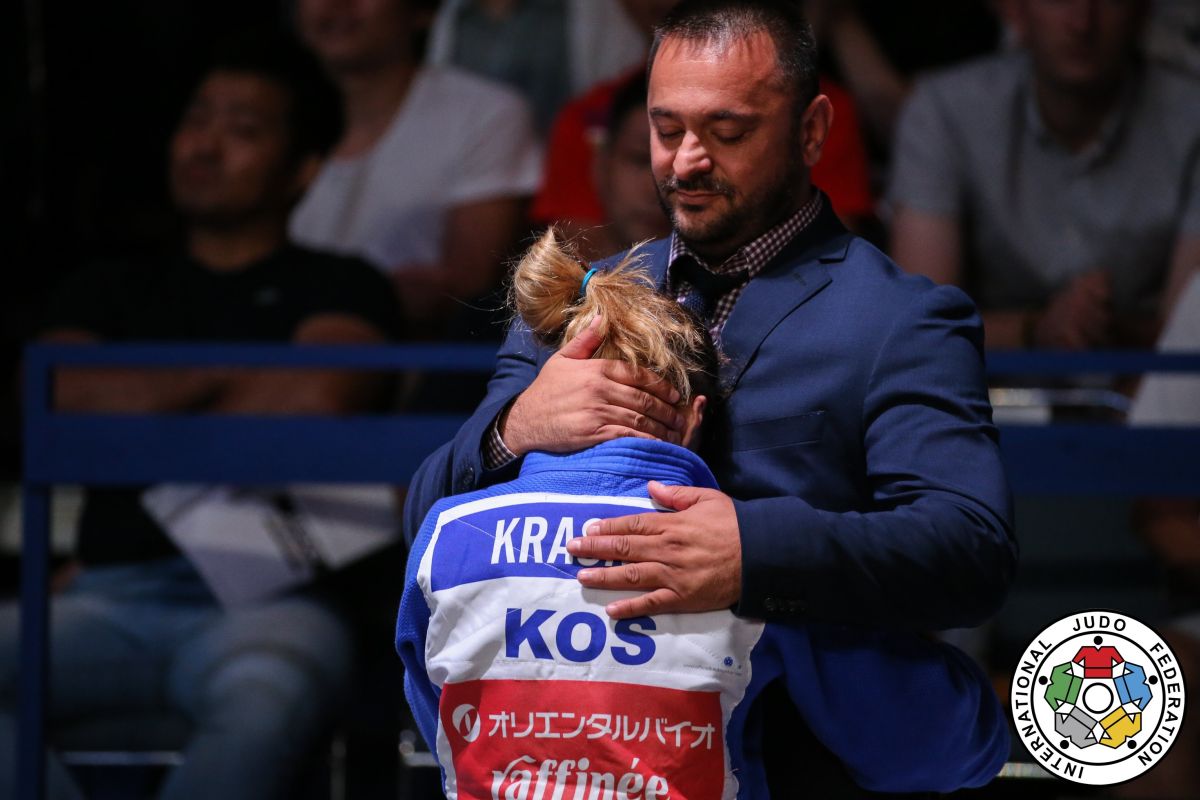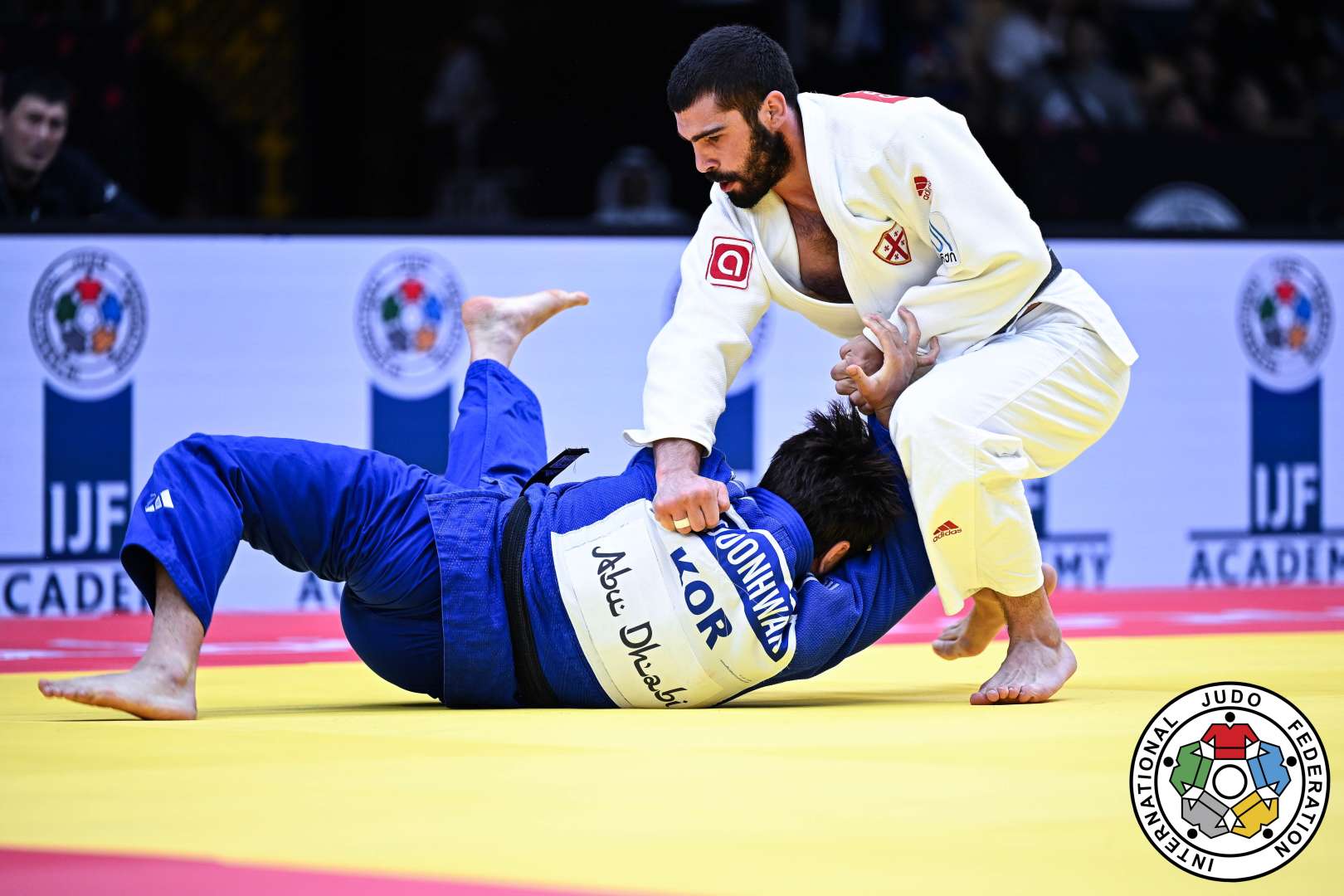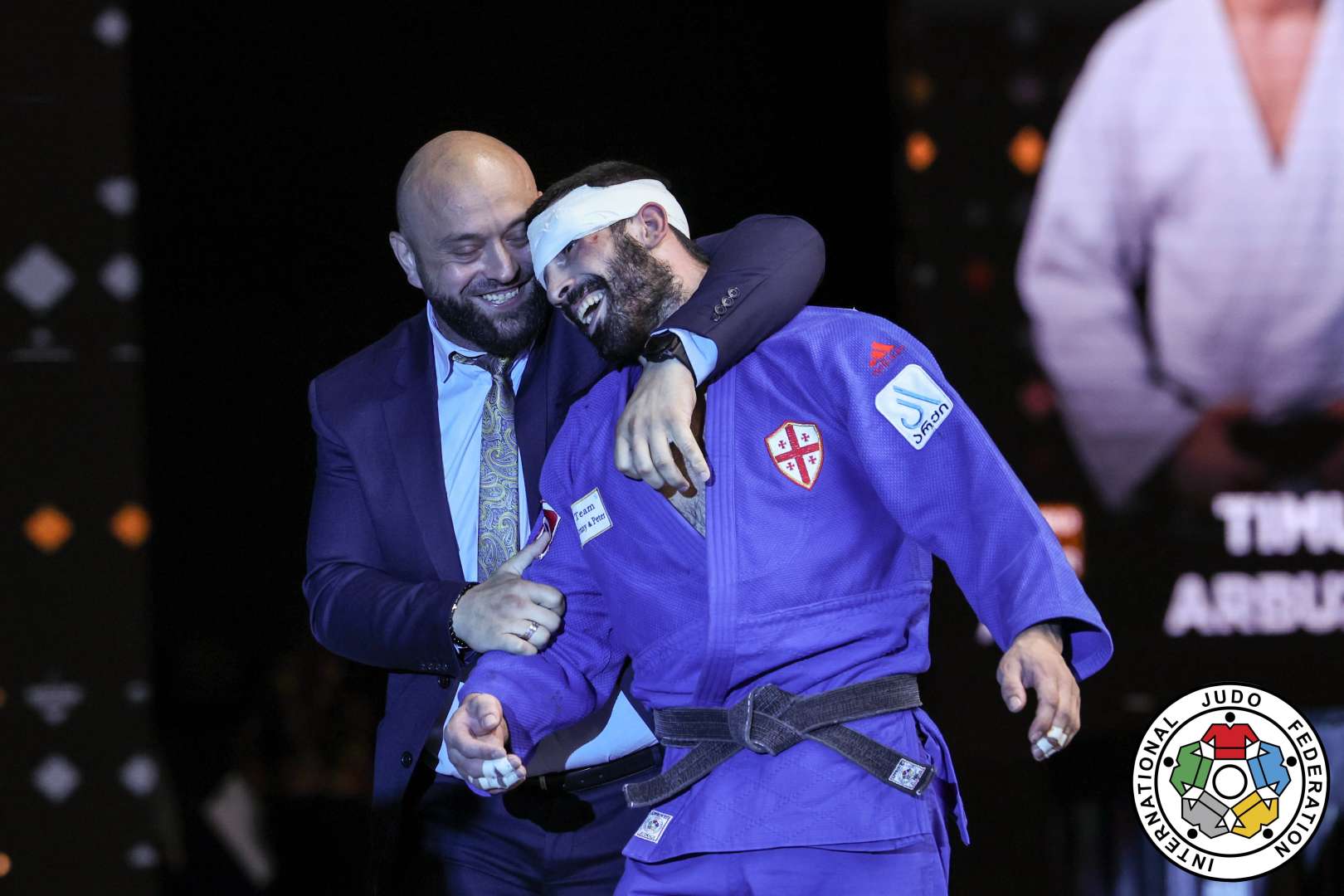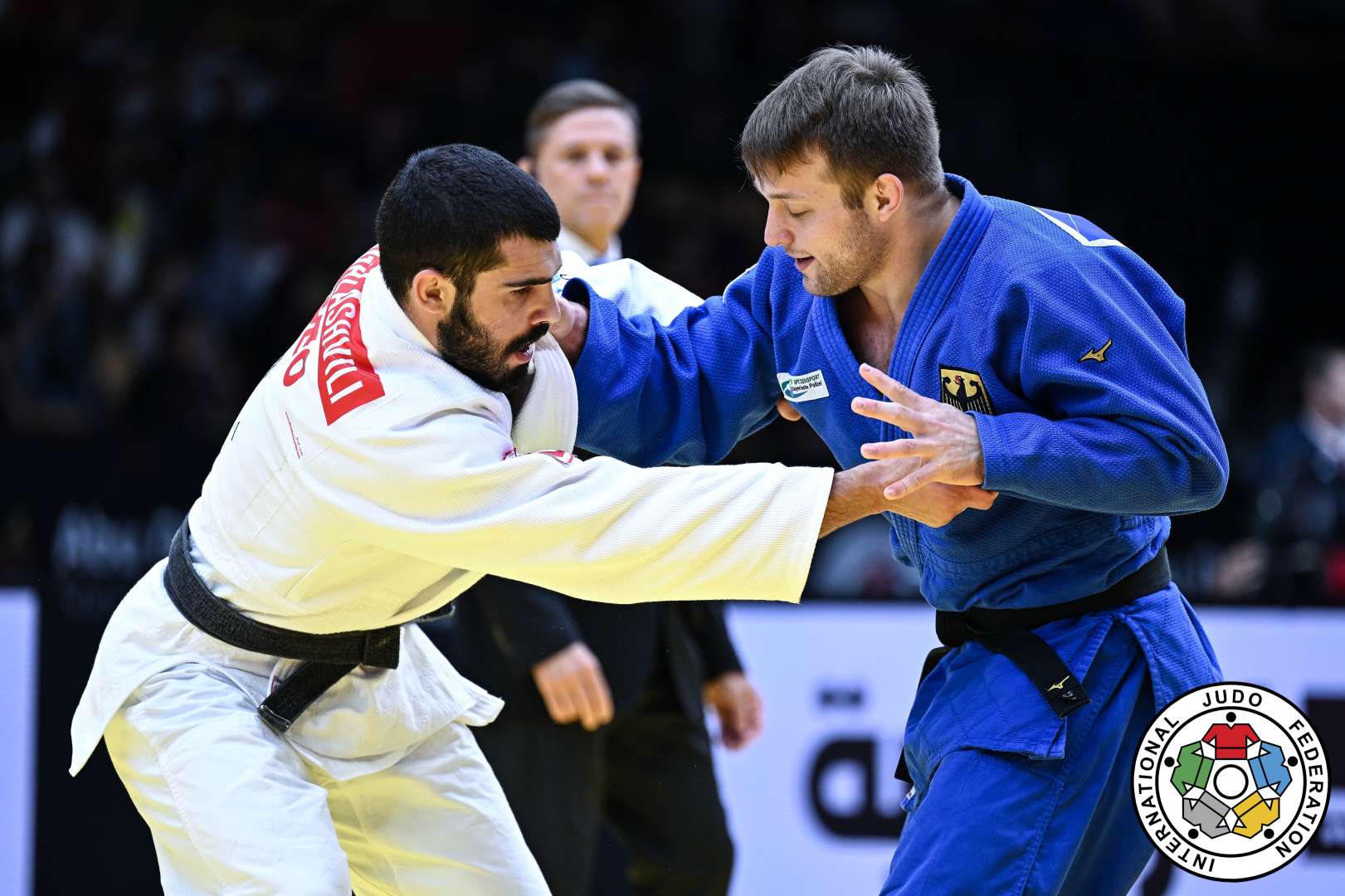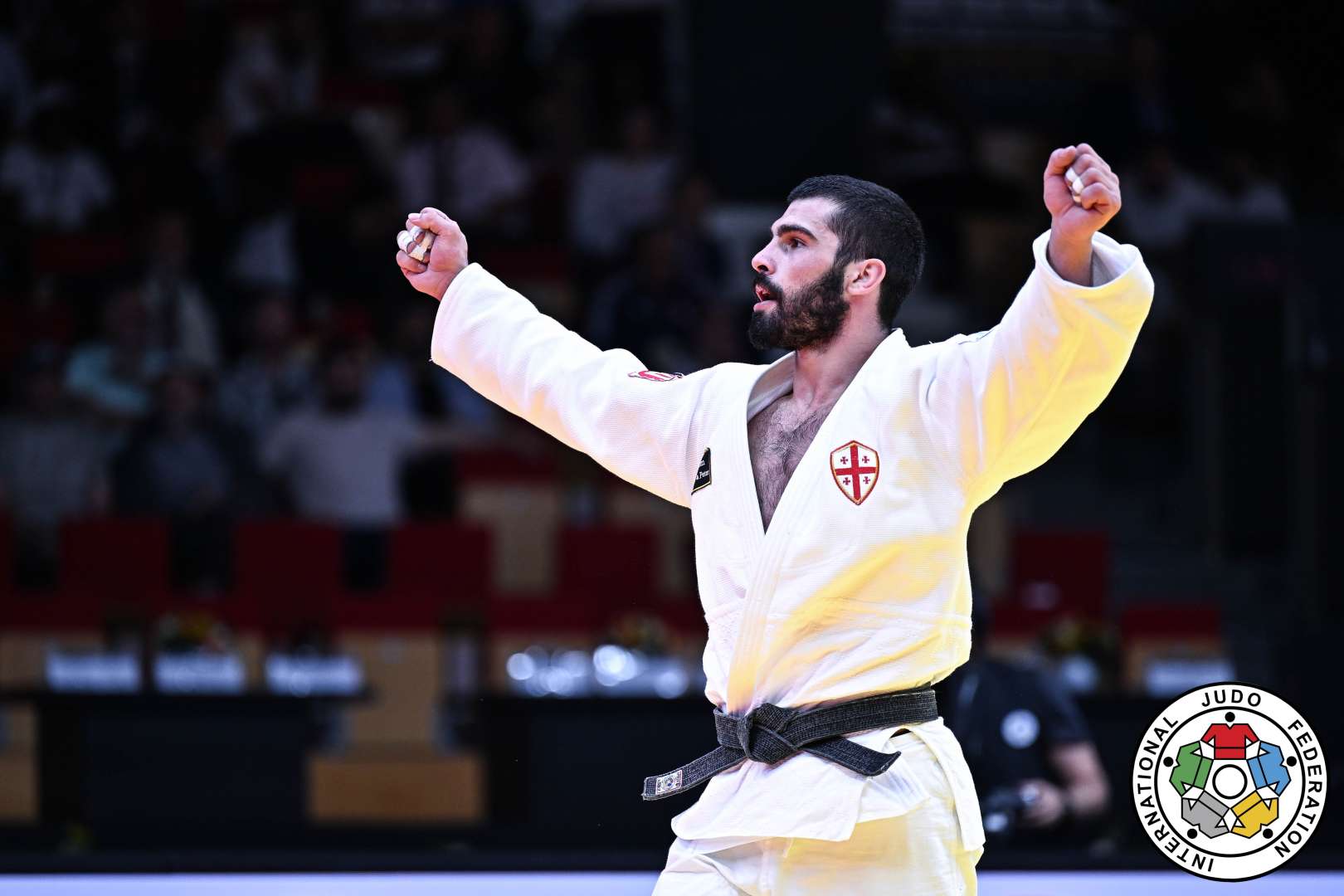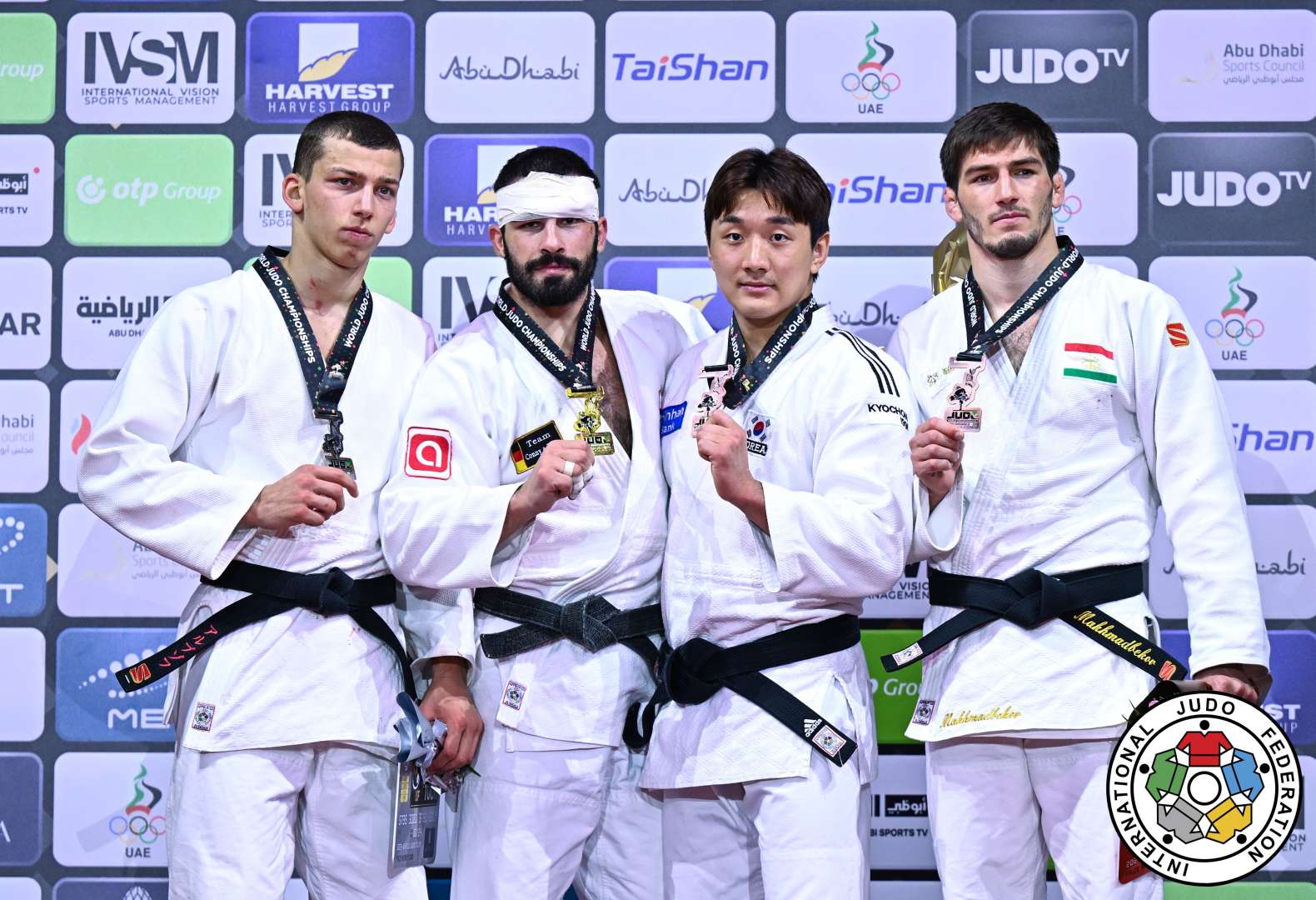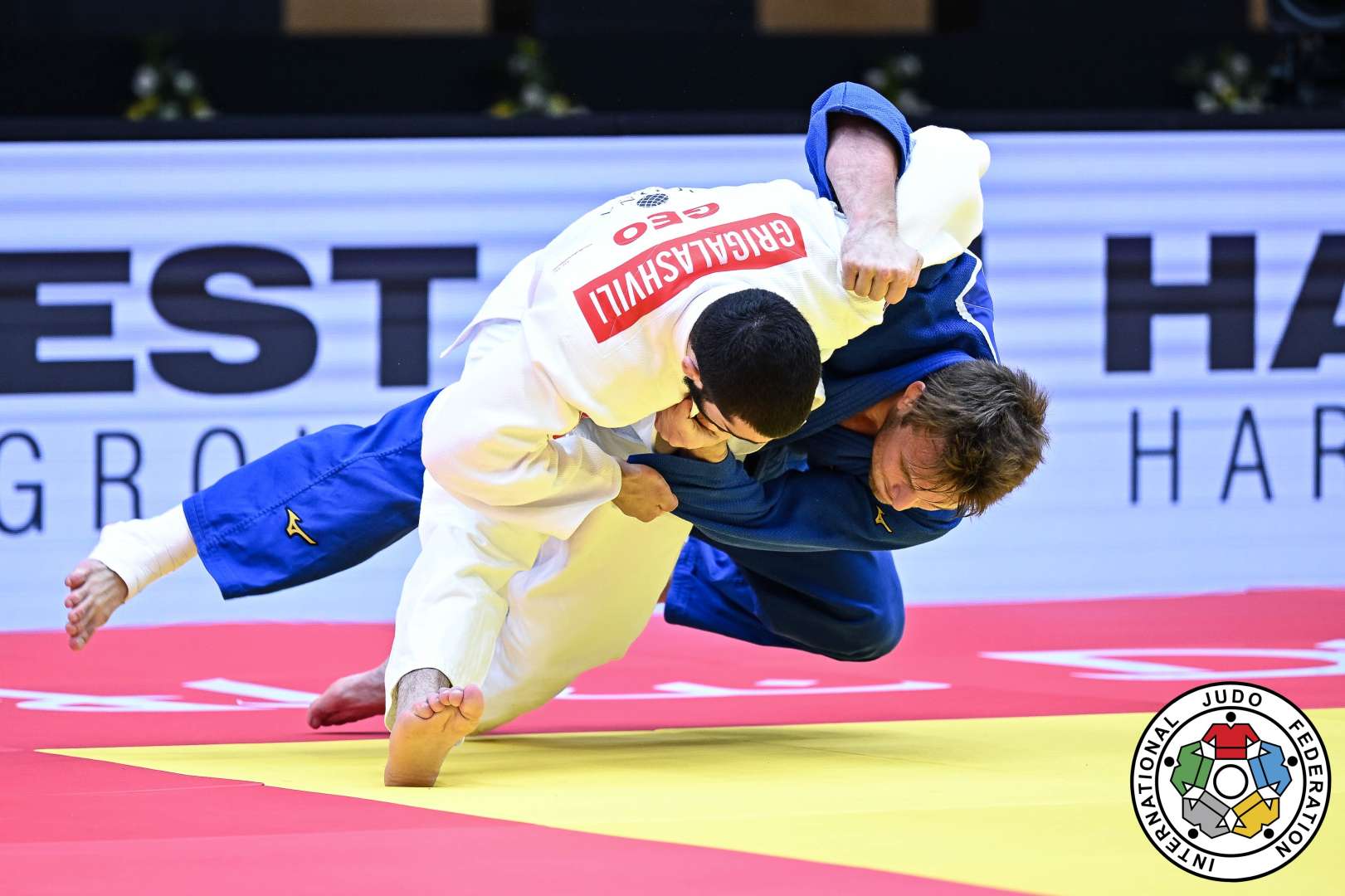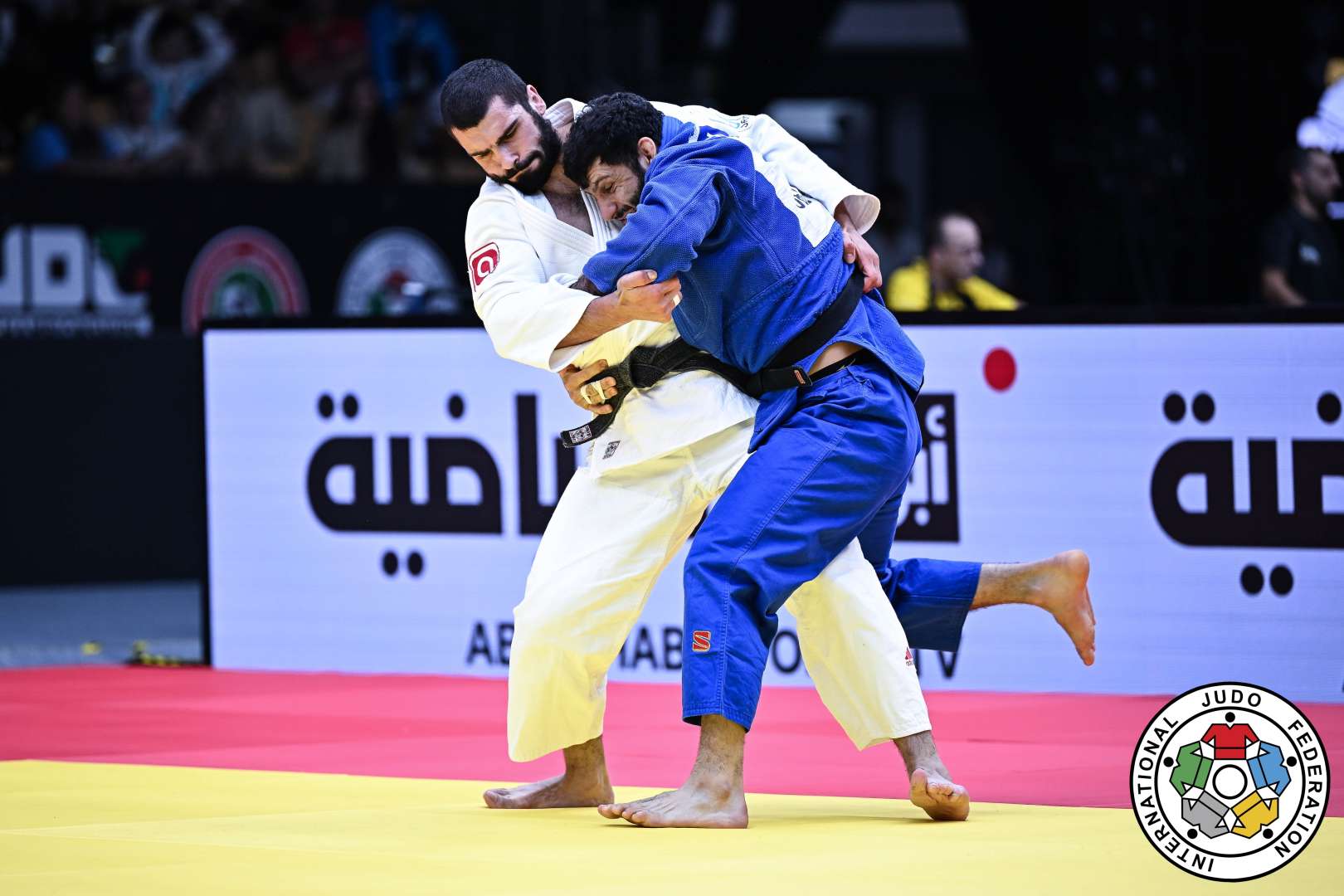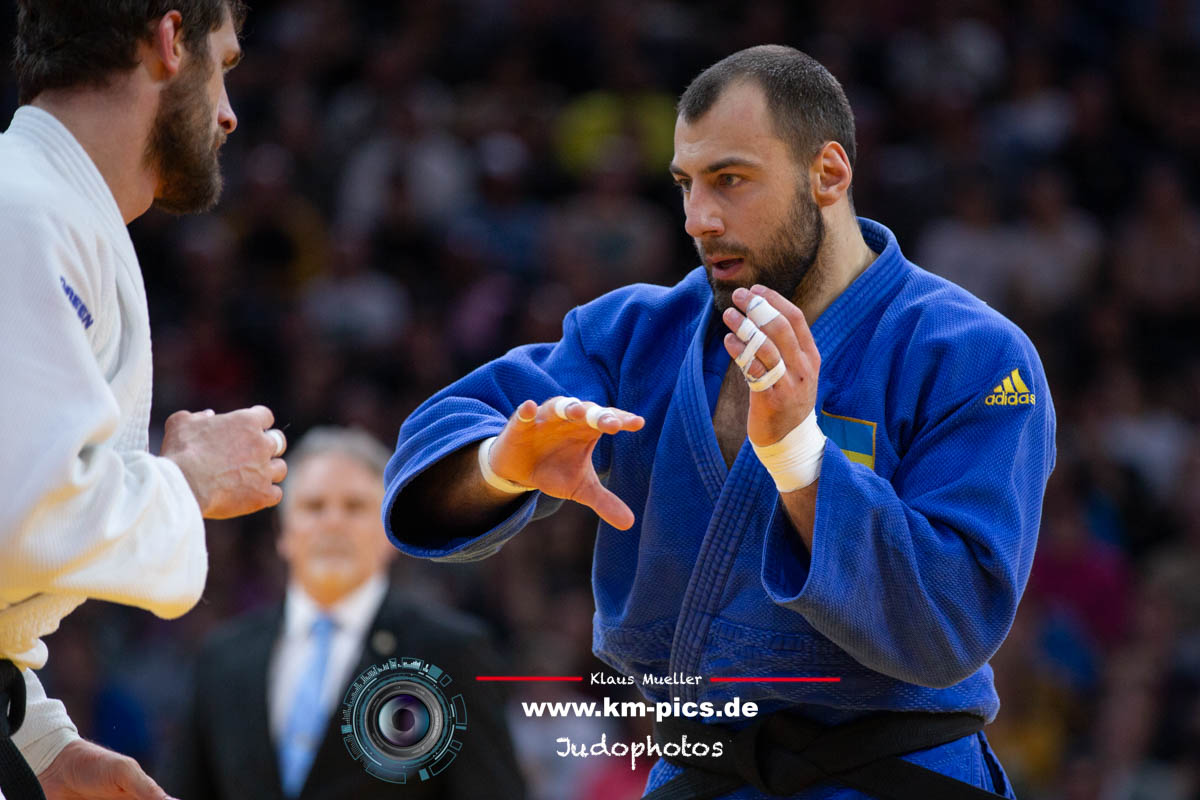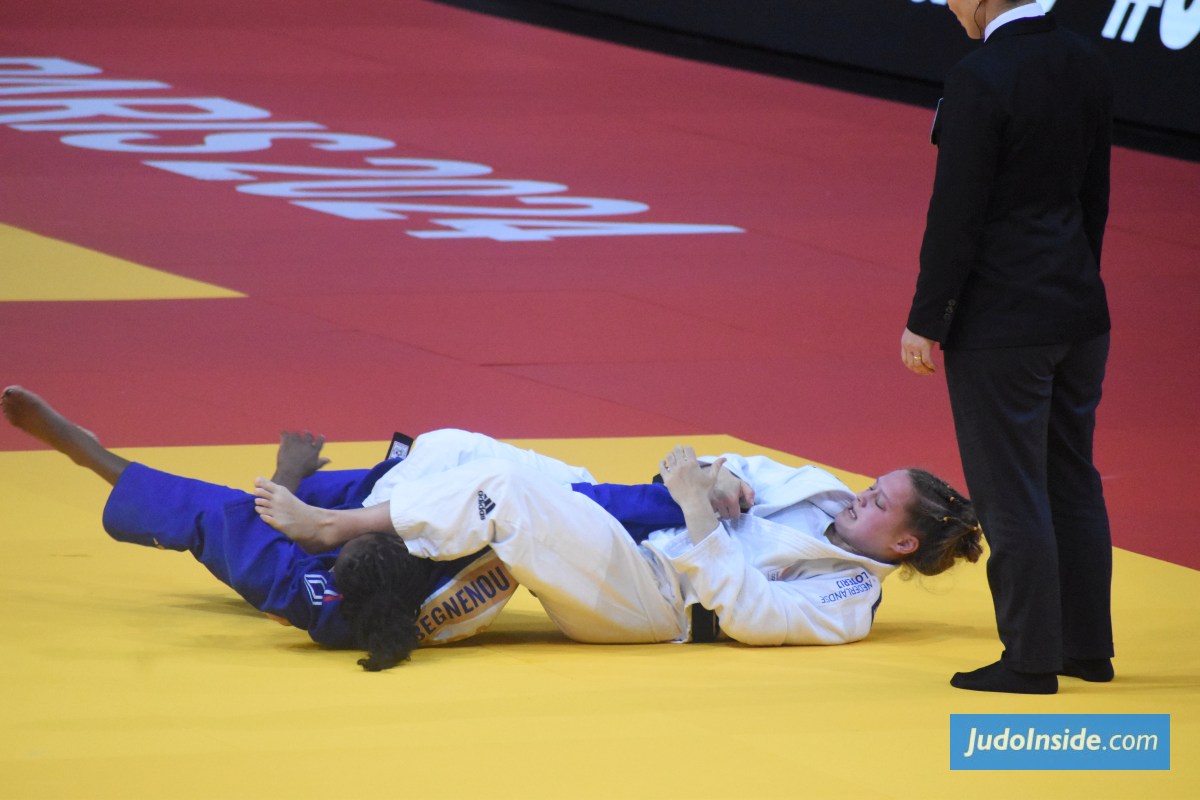The life story of Kosei Inoue
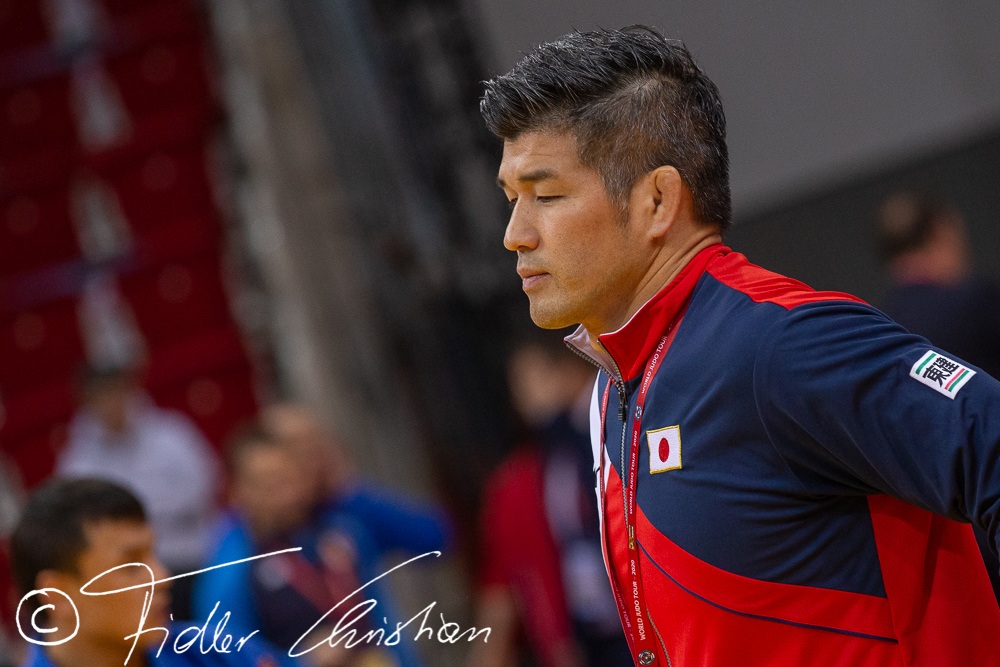
 18 May 2020 09:25
18 May 2020 09:25
 Judo Canada by Anthony Diao
Judo Canada by Anthony Diao
 Christian Fidler
Christian Fidler
Last weekend Japanese headcoach celebrated his 42nd birthday. Kosei Inoue was born in southern Japan, on the island of Kyushu, in the province of Miyazaki. It almost sounds like a name you’d see in a manga. He was a member of the Seijukan Dojo at five years old. The purity of his intentions and his obsessive quest for perfection made of him not a judoka among so many others.
Millennials probably forgot about him. During that period, the charismatic judo world leader wasn’t the +100 kg David Douillet, double Olympic champion and quadruple world champion, nor -48 kg Ryoko Tamura-Tani, almost unbeatable for the last decade, but this hieratic -100 kg, filled with determination, whose apparent Adam’s apple and battered eyelids give him a false air of a pre-Rivonia trial Nelson Mandela. An “Onoesque” room, the aura of an astronaut, the rarity of a masterpiece. Olympic champion in 2000, triple world champion in 1999, 2001 and 2003, and that’s not even including the epic Asian Championships and Zen Nihon won under a crazy patriotic pressure. Any judoka dreams of the perfect ippon. He has a more noble aspiration: becoming Kosei Inoue.
His magnificent career was extensively documented on DVDs and YouTube. If we have to choose only three moments, the first one would be from September 21, 2000, during an equinox storm in Sydney, with a magnificent uchi-mata during the Olympic final. An explosive tokui waza inherited from his father, a policeman, preceded by two sound o-uchi gari in front of a still-dizzy rival, the not-so-new Nicolas Gill. On that day, Montreal’s most decorated judoka would become the “Olympic champion from the rest of the world”. On the podium in Sidney, like a year earlier in Birmingham, we could also see that framed picture of Inoue’s mother, who died of a cerebral embolism on June 21, 1999, at age 51. The Athens flag bearer is at peace with himself and, twenty years later, he can find it funny to be forever known as the “upside-down man” on the most popular poster in dojos in the beginning of the 20th century.
Another moment from these years is on top of the World Championships podium in Osaka on September 11, 2003, who was fulfilled with his third consecutive world crown in -100 kg, but also a bit frustrated. Two years earlier, he had become the youngest judoka to win the triple crown (world-Olympic-Zen Nihon titles). Despite this accomplishment, the Japanese selection committee didn’t give in to his wish of trying a double crown three days later in the open division. Keiji Suzuki, his long-standing alter ego, his friend, but also a luxury double, whom he has faced twice during spring and defeated once, would justify his nation’s choice by winning the open division title.
After Japan’s 2012 London disaster Kosei Inoue is the perfect candidate for headcoach, especially since his popularity was intact. His term starts with a triple victory at 2013 Worlds in Rio. Naohisa Takato on Monday, Masashi Ebinuma on Tuesday and most of all, Shohei Ono on Wednesday all mark the perfect launch of a new Olympic cycle under the label of reconquest. With an average age of 21, one enthusiastic (Takato), one resilient (Ebinuma and his fierce determination not to let his body betray his heart, as evidenced by his refusal to quit despite an elbow dislocated by his opponent at the beginning of the final) and an absence of compromise in front of mediocrity (Ono, stratospheric despite his quarterfinal facing Dutchman Dex Elmont). Next to the mat, standing tall in his tracksuit or suit, Kosei Inoue is taking very seriously his new responsibilities, establishing the formal distance enforced by the high opinion he has of his function. That’s how things would be during the entire Olympic cycle. In 2013, 2014 and 2015, the Japanese men’s team is back on top of the medal standings at World Championships.
Read the whole story of Kosei Inoue at Judo Canada. Inoue, the Ono of the zeros, written by Anthony Diao of L’ Esprit du Judo
 like
like
 share
share
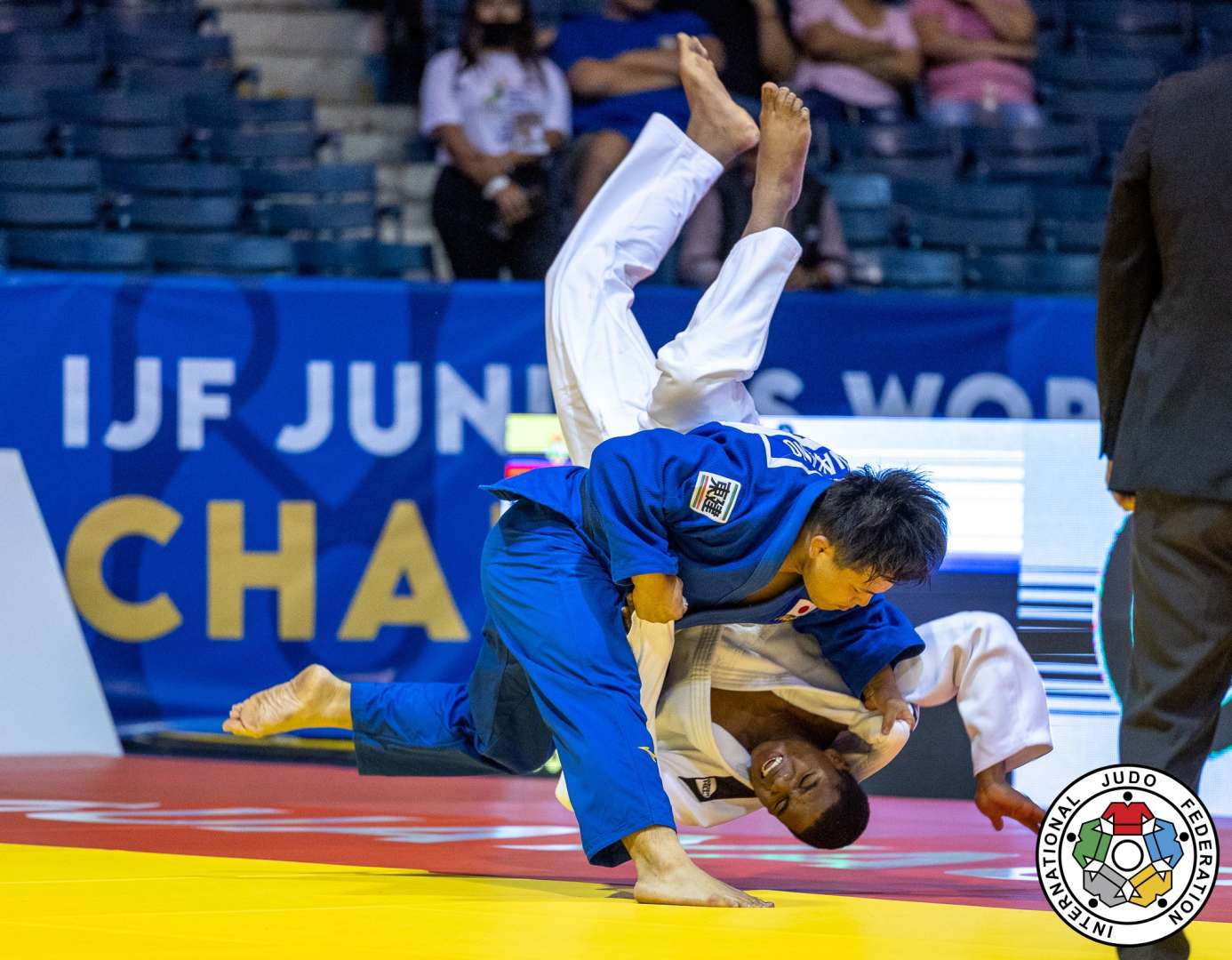
| Result | City | Date |
|---|---|---|
| 1 | Abu Dhabi | 21 May |
| 1 | Zagreb | 26 Apr |
| 3 | Belgrade | 2023 |
| 2 | Montpellier | 2023 |
| 3 | Budapest | 2023 |
| Result | City | Date |
|---|---|---|
| 1 | Tashkent | 2 Mar |
| 1 | Paris | 3 Feb |
| 1 | Budapest | 2023 |
| 2 | Tokyo | 2023 |
| 5 | Montpellier | 2023 |
